
Former CIA Deputy Director Michael Morell, looks serenely at the heavens as he thinks good thoughts about the #Resistance and the Golden Age of Obama. (AP Photo/Manuel Balce Ceneta)
Lack of self-awareness is not a bar to upward mobility in the US government. The upper ranks of the bureaucracy are chock full of people who haven’t the vaguest notion of their own shortcoming, an overweening arrogance about their skills, and who would only be voluntarily followed out of idle curiosity to see what in the hell they will do next. If you want to see this in action and, at the same time understand why we are ill-served by the billions and billions of dollars we spend on our intelligence services, consider this interview with former CIA deputy director Mike Morell.
The interview is by Politico’s Susan Glasser (I’m vaguely familiar with her work, but not so familiar as to have an opinion of it). She starts off by saying that Morell was a “superstar analyst” who was President George W. Bush’s personal briefer for the Presidential Daily Brief. Eventually, she gets around to asking him about his role in the self-described #Resistance.
Glasser: And is also really the subject of this conversation, as of most of your conversations, because it’s very rare that you have somebody who’s emerging—or at least, it would have been, until Donald Trump—to have somebody like you, who’s emerging from a three-decade-long career inside the intelligence community, to play such vocal and public role. Was there any particular sort of tipping point for you that made you think, “Well, I’m going to go public with this”?
…
Morell: …The second was in August of 2016, when I became political, when I endorsed Hillary Clinton with an op-ed in The New York Times, and that was a very difficult decision for me, because I had never been political before. I worked at this nonpolitical agency, bright red line between intelligence and policy, and intelligence and politics. So, I had never played that role before.But I was so deeply concerned about what a Trump presidency might look like from a national security perspective, and believed that there was such a gap between Secretary Clinton and Donald Trump with regard to how well they would protect the country, that I thought it extremely important to come out and say that.
Glasser: Okay, so, flash-forward a year. Was that a mistake?
Morell: So, I don’t think it was a mistake. I think there were downsides to it that I didn’t think about at the time. I was concerned about what is the impact it would have on the agency, right? Very concerned about that, thought that through. But I don’t think I fully thought through the implications [emphasis mine].
This next section is where it really gets strange.
Morell, continued: And one of the ways I’ve thought about that, Susan, is—okay, how did Donald Trump see this? Right? And from—it’s very important—one of the things we do as intelligence analysts is make sure that our guy—the president—understands the other guy. Right?
So, let’s put ourselves here in Donald Trump’s shoes. So, what does he see? Right? He sees a former director of CIA and a former director of NSA, Mike Hayden, who I have the greatest respect for, criticizing him and his policies. Right? And he could rightfully have said, “Huh, what’s going on with these intelligence guys?” Right?
Glasser: It embroiders his narrative.
Morell: Exactly. And then he sees a former acting director and deputy director of CIA criticizing him and endorsing his opponent. And then he gets his first intelligence briefing, after becoming the Republican nominee, and within 24 to 48 hours, there are leaks out of that that are critical of him and his then-national security advisor, Mike Flynn.
And so, this stuff starts to build, right? And he must have said to himself, “What is it with these intelligence guys? Are they political?” The current director at the time, John Brennan, during the campaign occasionally would push back on things that Donald Trump had said.
So, when Trump talked about the Iran nuclear deal being the worst deal in the history of American diplomacy, and he was going to tear it up on the first day—John Brennan came out publicly and said, “That would be an act of folly.” So, he sees current sitting director pushing back on him. Right?
Then he becomes president, and he’s supposed to be getting a daily brief from the moment he becomes the president-elect. Right? And he doesn’t. And within a few days, there’s leaks about how he’s not taking his briefing. So, he must have thought—right?—that, “Who are these guys? Are these guys out to get me? Is this a political organization? Can I think about them as a political organization when I become president?”
So, I think there was a significant downside to those of us who became political in that moment. So, if I could have thought of that, would I have ended up in a different place? I don’t know. But it’s something I didn’t think about [emphasis mine].
Before Inauguration Day, Ben Rhodes and his merry band of cretins essentially bought full-page ads in all major newspapers declaring that the civil service would lead resistance to the Trump administration. Looking back on the leaks and garden-variety disloyalty that went on during the first couple of months, why would any sane person think that the career staff in the intelligence community held views that were distinguishable from those of James Clapper, John Brennan, and, to a lesser extent, Mike Morell who would use any forum, here and abroad, to attack Trump and his administration? They wouldn’t. They’d be hostile-to-skeptical of the information they received. That’s a shame and doesn’t serve the nation well, but that relationship can’t be laid at the feet of Donald Trump. It can be laid at the feet of Clapper and Brennan and Morell who set about to contest Trump at every move and simply weren’t bright enough to see this might have implications.
I think we’ve finally explained how 9/11 happened.




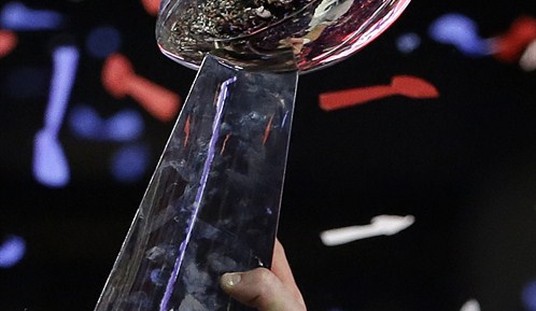
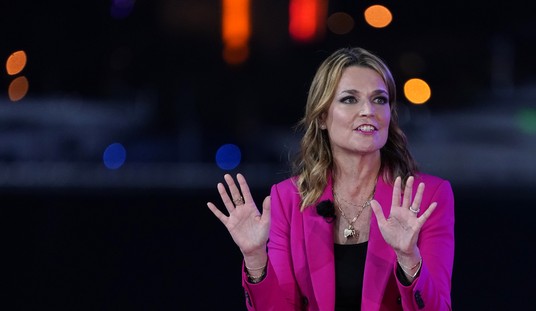
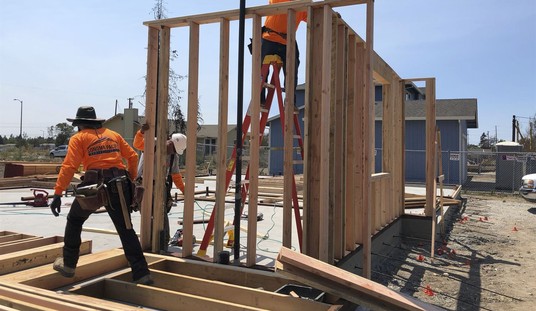

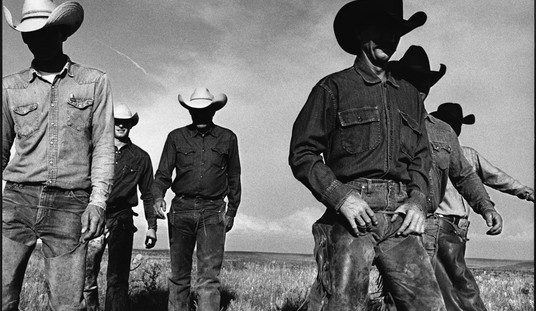

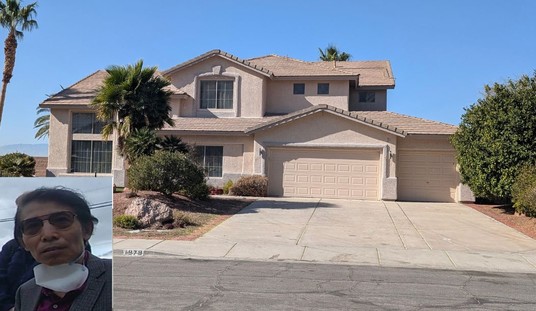

Join the conversation as a VIP Member